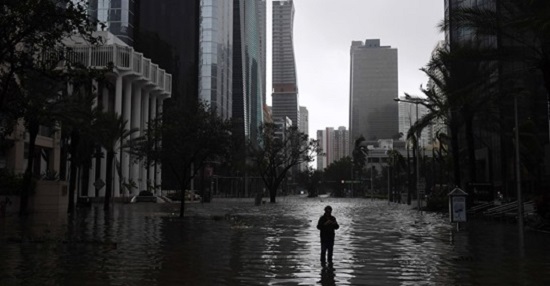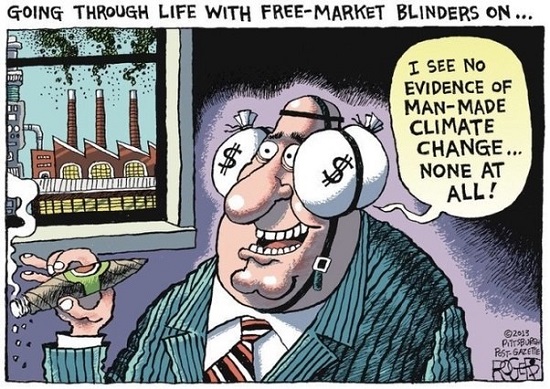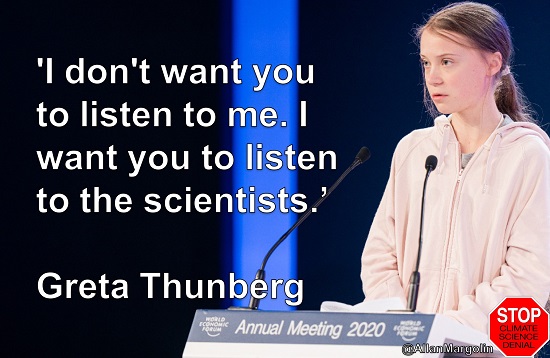
Story of the Week... Perspective of the Week... Toon of the Week... Video of the Week... Coming Soon on SkS... SkS Week in Review... Poster of the Week...
A boom in petrochemical plants driven by cheap natural gas could lock in greenhouse emissions for decades to come

The Sunshine Project, a gargantuan petrochemical complex planned on 2,500 acres along the Mississippi River south of Baton Rouge, La., will be one of the largest greenhouse gas emitters in America when it becomes fully operational in 2029.
Earlier this month, Louisiana regulators approved an air quality permit that will allow the facility to pump 13.6 million tons of carbon dioxide into the atmosphere every year. That’s equivalent to adding 2.6 million cars to the road annually.
No industrial facility in the United States reported emissions of that magnitude between 2011 and 2018, according to an E&E News review of EPA data. In 2018, only 13 coal plants emitted more.
Sunshine is at the forefront of an often-overlooked boom in America’s petrochemical sector, one that climate advocates worry could undo recent greenhouse gas reductions by locking in a new source of planet-warming pollution for decades to come.
Plastics Plants Are Poised to Be the Next Big Carbon Superpolluters by Benjamin Storrow, E&E News/Scientific American, Jan 24, 2020
Click here to access the entire article as posted on the Scientific American website.

If we handled climate risk the way that businesses manage risk every day, we would have tackled climate change a long, long time ago. But that’s not how we as a society are responding — even though the potential consequences are a lot worse than most business risks.
Consider how climate change risk is expressed in key reports like those from the U.S. National Climate Assessment (NCA) and the U.N. Intergovernmental Panel on Climate Change (IPCC).
The NCA says there is at least a two-thirds chance that your asthma or hay fever will get worse because of climate change. There’s a more than 90 percent probability that extreme precipitation (think flooding) will increase in frequency and intensity. What about heat waves increasing? There’s a 99 percent probability. In fact, heat waves kill more people than any other weather-related event in the United States.
We can’t recall the planet if we mess up: Climate change is risky business, Perspective by Rob Motta & Jim White, Capital Weather Gang, Washington Post, Jan 25, 2020

The cause of Australia’s bushfires – what the SCIENCE says by Potholer 54, YouTube Video, Jan 18, 2020

Posted by John Hartz on Sunday, 26 January, 2020
 |
The Skeptical Science website by Skeptical Science is licensed under a Creative Commons Attribution 3.0 Unported License. |